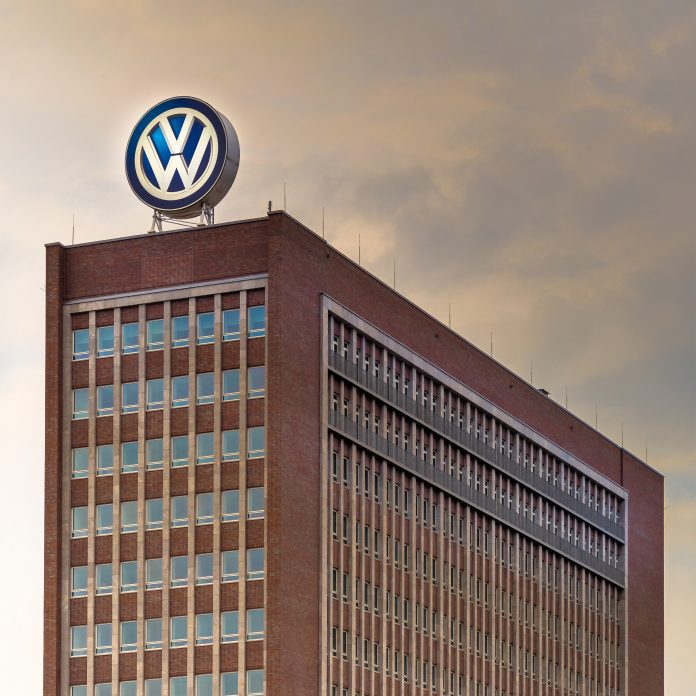Volkswagen and Audi dealers in Illinois are suing Volkswagen Group of America over a new policy that recoups warranty-related costs from dealerships. The dispute centers on the automaker’s response to the state’s Multiplier Act, which has significantly altered how automakers compensate dealers for warranty repairs.
The Multiplier Act, part of Illinois’ Motor Vehicle Franchise Act, was signed into law in 2021 and took effect on January 1, 2022. It replaced the traditional warranty time guide formula, requiring automakers to reimburse dealers for warranty work at the same rate they would charge retail customers. Volkswagen filed a lawsuit in December 2022, claiming that this change led to a 50% increase in service operation costs and resulted in nearly $10 million in additional warranty payments to Volkswagen and Audi dealerships across the state. However, a federal court dismissed VW’s lawsuit in May 2023.
In response, Volkswagen Group of America announced in July that it would recover these costs by debiting the parts accounts of Illinois-based Volkswagen and Audi dealers. This new cost-recovery process, which went into effect on September 1, 2024, calculates the added expenses of the Multiplier Act across all dealerships each quarter and distributes those costs among the new vehicles sold to Illinois dealers. A surcharge is then applied to each dealership’s open parts account.
This move sparked immediate backlash from dealers. On September 13, a group of 28 Volkswagen and nine Audi dealers filed a formal protest with Illinois’ Motor Vehicle Review Board, alleging that the surcharge violates the state’s Motor Vehicle Franchise Act. Joe McMahon, executive director of the Illinois Automobile Dealers Association (IADA), argued that the law explicitly prohibits manufacturers from recouping costs through surcharges. McMahon also emphasized the potential industry-wide impact, warning that other automakers may adopt similar practices if Volkswagen Group’s strategy is upheld.
In their protest, dealers expressed concern over the unpredictable nature of the charges, as the amounts are determined only after warranty work is completed, leaving dealerships unable to factor the surcharges into customer pricing. The dealers also argued that the new policy unfairly burdens them, making them responsible for the quality and reliability of VW products, especially those prone to warranty repairs.
The Illinois Motor Vehicle Review Board will appoint a hearing officer to mediate the dispute, which is expected to take up to a year. The IADA and the Chicago Automobile Trade Association are backing the protest financially.





